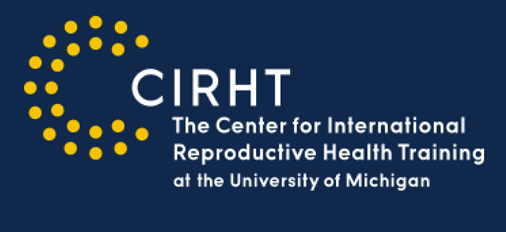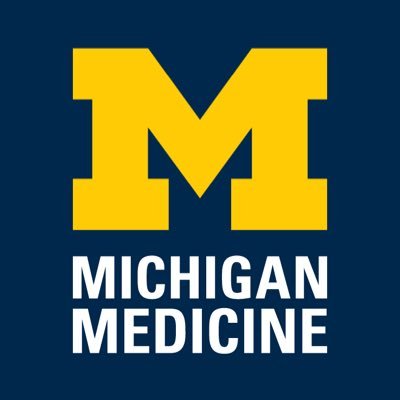Speaker
Description
Background: Internally Displaced Persons (IDPs) in Ethiopia face significant barriers to safe abortion care, influenced by socio-cultural, economic, and structural factors, alongside widespread sexual and gender-based violence (SGBV). Using the Social Ecological Model (SEM), this study explores individual, interpersonal, community, institutional, and societal factors influencing abortion access in Ethiopian IDP camps.
Methods: A cross-sectional study was conducted in four IDP camps in the Amhara and Oromia regions from April to July 2024, involving 1,452 randomly selected women.
Results: SGBV was reported by 16.6%, with 36.9% of cases perpetrated by security forces. Of the participants, 5.8% had undergone abortion, and 1.7% had induced abortions in the camps. Fewer than half of women in IDP camps reported using a contraceptive method (41.7%), though 80.7% also reported that they had a history of discontinuing use due to access issues. Barriers to abortion care included religious beliefs (67.7%), cultural norms (63.8%), and lack of service awareness (56.3%).
Conclusions: Underreporting of abortions remains a significant concern. Urgent Action is Needed. The Ministry of Health and stakeholders MUST prioritize immediate, tailored interventions to break down barriers, improve access to safe abortion care, and address the pressing needs of women in IDP camps.


